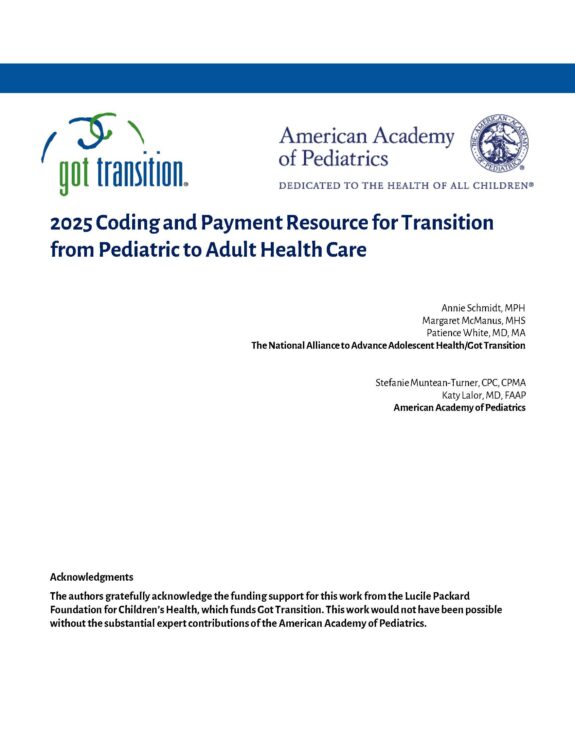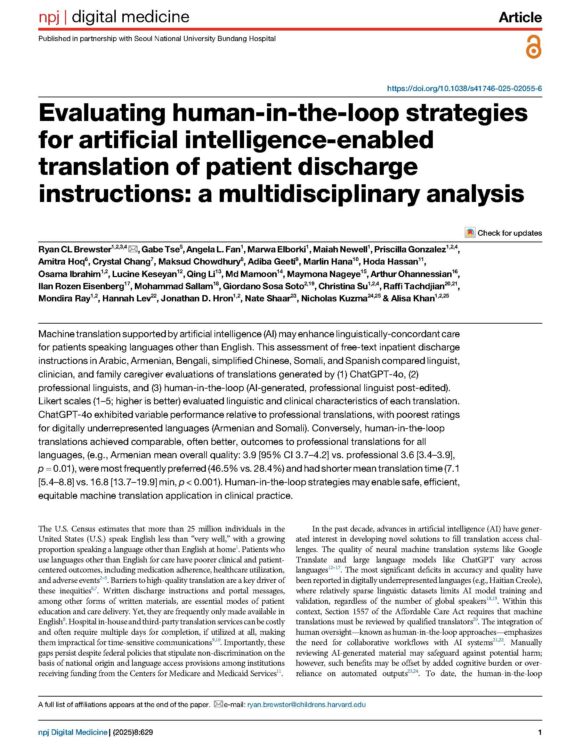CCS Redesign Must Preserve the State’s Specialty Care Network
Among the many benefits provided by the California Children’s Services (CCS) program perhaps the most important is the network of pediatric subspecialists and special care centers, including children’s hospitals, that CCS has developed through its credentialing process.
By establishing quality standards and providing enhanced payment for paneled providers and special care centers, CCS makes high-quality subspecialty care available to the children it covers. Equally important, this network ensures that quality subspecialty care is available to all California children with complex conditions. Our state has a limited supply of pediatric subspecialists, and children with special needs must have access to their care, regardless of the family’s source of insurance. Given the state’s low Medi-Cal reimbursement rates, the premium rates provided through CCS are essential for subspecialists to maintain their practices. In essence, the CCS program shapes subspecialty care for all of the state’s most vulnerable children.
As the state now contemplates changes to CCS, its highest priority should be preserving full access to this fragile network of subspecialty care providers and children’s hospitals. Assuring adequate levels of reimbursement, at least at current CCS rates, is critical. If the state adopts its proposed “whole child model” and transfers children covered by CCS into managed care, the currently enhanced CCS level of reimbursement may no longer be ensured. A potential consequence of failing to guarantee adequate payment to providers is dissolution of the existing system, with adverse effects on the health not only of the children now in CCS but also of all the other children who benefit from the existing network. To prevent this, the state must build in guarantees of adequate reimbursement levels in managed care plans as part of any redesign.
CCS also provides another highly valuable related benefit that must be maintained. A substantial number of children covered by CCS have complex conditions that only a few specialists and specialty centers are most qualified to treat. Current CCS policies allow children to be served by these uniquely qualified providers, regardless of where the child lives or the provider practices. This benefit may not be available to children in managed care plans, which have a restrictive approach to designating their provider panels. If the state moves CCS-covered children to managed care, the plans must be required to allow children with these conditions to receive care from the most appropriate source of care, even if that provider is out of network, with reimbursement at least comparable to existing CCS rates. These situations need to be identified on enrollment into managed care, and approval for these necessary out of network referrals must be a part of initial care planning.
As the CCS redesign process moves forward these critical policies that have benefited California’s most vulnerable and their families must not be undermined.



